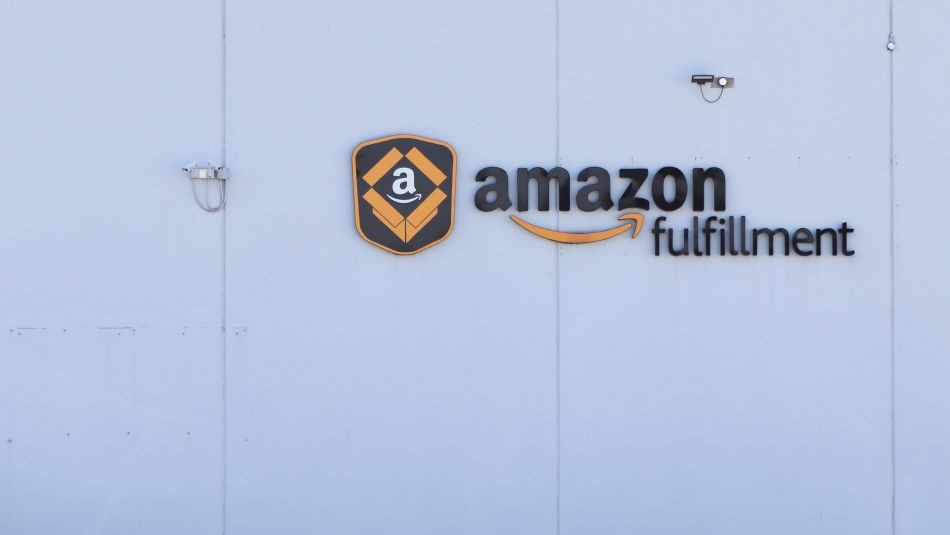Labour scores a big victory - in BC
Unifor establishes a BC beachhead against the rabidly anti-union Amazon but additional changes in labour law are need if Amazon's million plus workers are going to get decent wages.

While labour disputes involving Air Canada and, to a lesser extent Canada Post, have been garnering the headlines, the really big labour news this August has been flying un…
Keep reading with a 7-day free trial
Subscribe to Oversight to keep reading this post and get 7 days of free access to the full post archives.

